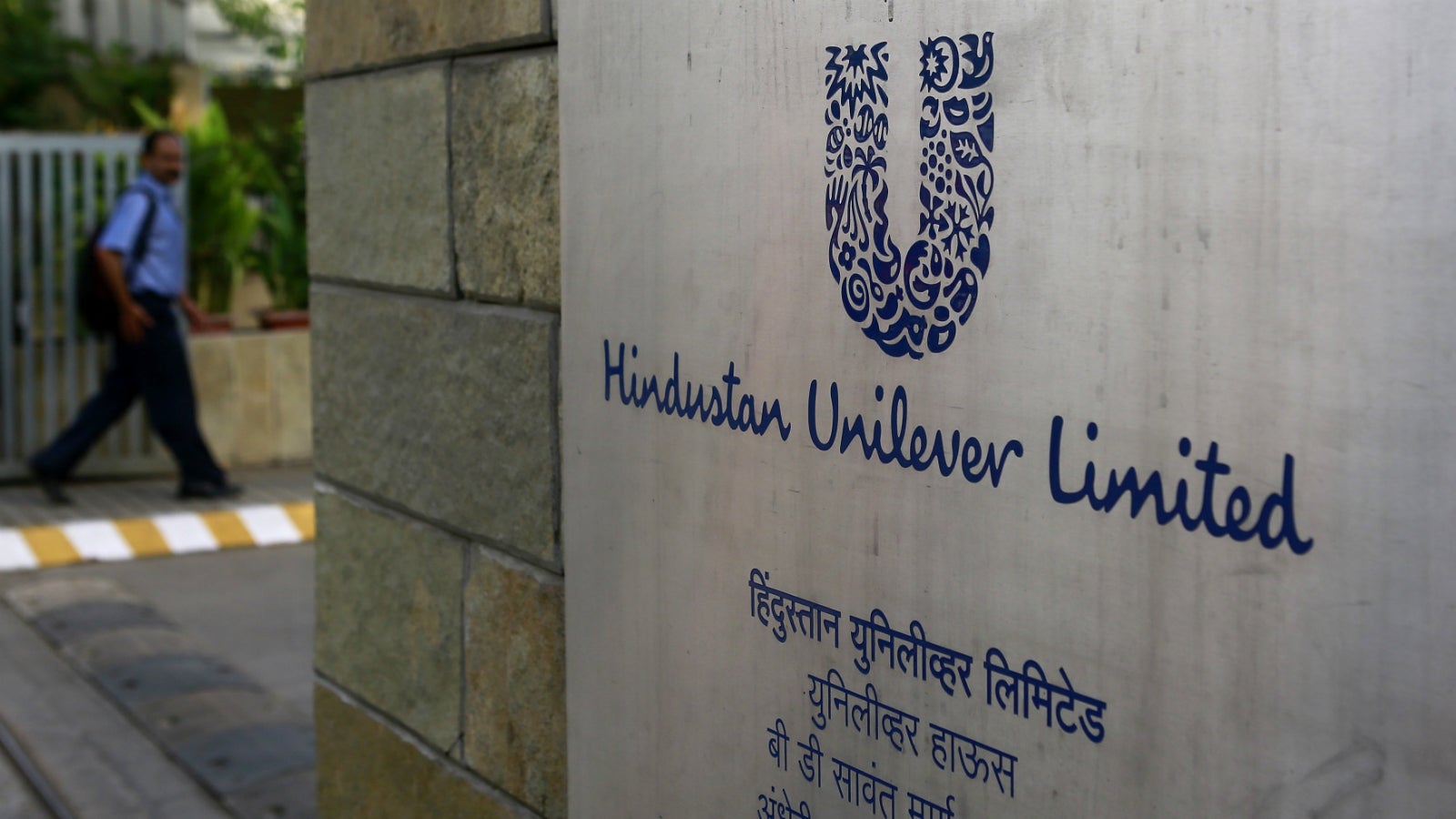Unilever bets on Horlicks to get “taller, stronger, sharper” in India
For decades now, the iconic malt-based drink, Horlicks, has sat pretty on top of the grocery lists of many middle-class, urban Indian parents. They caught on to the brand’s promise to make kids “taller, stronger, sharper.”


For decades now, the iconic malt-based drink, Horlicks, has sat pretty on top of the grocery lists of many middle-class, urban Indian parents. They caught on to the brand’s promise to make kids “taller, stronger, sharper.”
Anglo-Dutch consumer goods major Unilever is the latest one to buy into that promise.
In a mega-deal announced yesterday (Dec. 03), Unilever said it will acquire Horlicks, in India and other Asian markets, from GlaxoSmithKline (GSK), the British pharmaceutical major that currently owns it.
The $3.8 billion (around Rs26,000 crore) deal is part of a merger between Hindustan Unilever (HUL), Unilever’s local arm, and GSK Consumer Healthcare (GSK CH), which also owns health drink brands Boost, Viva, and Maltova. The deal values GSK’s Indian consumer healthcare business at Rs31,700 crore. These brands will now come under the merged entity, in which GSK CH will have a 5.7% stake.
For Unilever, the deal brings down its shareholding in its Indian arm to 61.9% from 67.2% and represents a big bet on the country.
The move will help HUL expand its food and refreshments (F&R) business, which now includes Bru coffee and Lipton tea, to over Rs10,000 crore, from the current Rs6,500 crore per annum, said Sanjiv Mehta, chairman and managing director of HUL. “With this proposed strategic merger… we will be expanding our portfolio… into a new category catering to the nutritional needs of our consumers,” Mehta added in his company’s filing to the stock exchange BSE.
As for GSK, it will look to raise a part of the $13 billion required to buyout Swiss pharma giant Novartis’s stake in their consumer healthcare joint venture. “Proceeds from this transaction will be used to support the group’s strategic priorities, including investing in our pharmaceutical business,” CEO Emma Walmsley said on Dec. 03.
Besides, GSK was not keen on holding on to its nutritional drinks segment. Growth for brands like Horlicks had plateaued, according to various estimates.
Past its prime
Brought to India by returning World War I soldiers, Horlicks has since been a fixture at Indian breakfast tables.
The early-mover advantage made Horlicks the leader of India’s Rs7,000 crore health food category, with an over 50% market share. “Horlicks has made a significant contribution to GSK… and we believe Unilever is well placed to maximise its future potential,” Walmsley said.
Competitors to Horlicks include Bournvita (owned by Mondelez), Complan (now owned by Zydus Wellness), and Milo (owned by Nestle). However, the category is expected to grow by a meagre 3.7% between 2017 and 2022, according to data from Euromonitor, prompting many players to palm off the business.
Last month, Heinz India had sold its Complan health drink (and other brands) to Ahmedabad-based Zydus Wellness for Rs4,595 crore. The sale was also prompted by growth concerns.
In a similar vein, for the past few months, negotiations have been in the works to sell Horlicks to companies such as Coca-Cola and even Nestle. However, HUL outbid them all.
HUL, a behemoth that posted a Rs35,000 crore turnover last fiscal, hopes to re-energise the segment with its network of 7 million retail outlets by pushing more products under the new brands. “We will increase penetration with a special focus on rural markets and emerging channels and expand our offerings to the fast-growing premium segment…” Mehta said. He expects the business to grow in double-digits in the medium-term.
The deal got a thumbs up from industry watchers.
“The acquisition is in line with HUL’s strategy of building a strong food and refreshment portfolio by leveraging the mega trend of health and wellness,” said Abneesh Roy, senior vice-president for institutional equities at Edelweiss. Post acquisition, HUL will drive penetration, upgrade and premiumise customers, unlock the north and west markets where GSK CH was relatively weaker, etc, apart from increasing innovation and new product development, Roy added.
The deal with HUL, will see GSK CH merged into the former as a separate legal entity.
HUL has clinched the five-year distribution rights for GSK CH’s over-the-counter (OTC) brands such as the antacid Eno, the painkiller Crocin, and Sensodyne, which will remain in the GSK stable. “India remains an important market for GSK and the company will continue to invest in growth opportunities for its OTC and oral health brands,” said Walmsley.